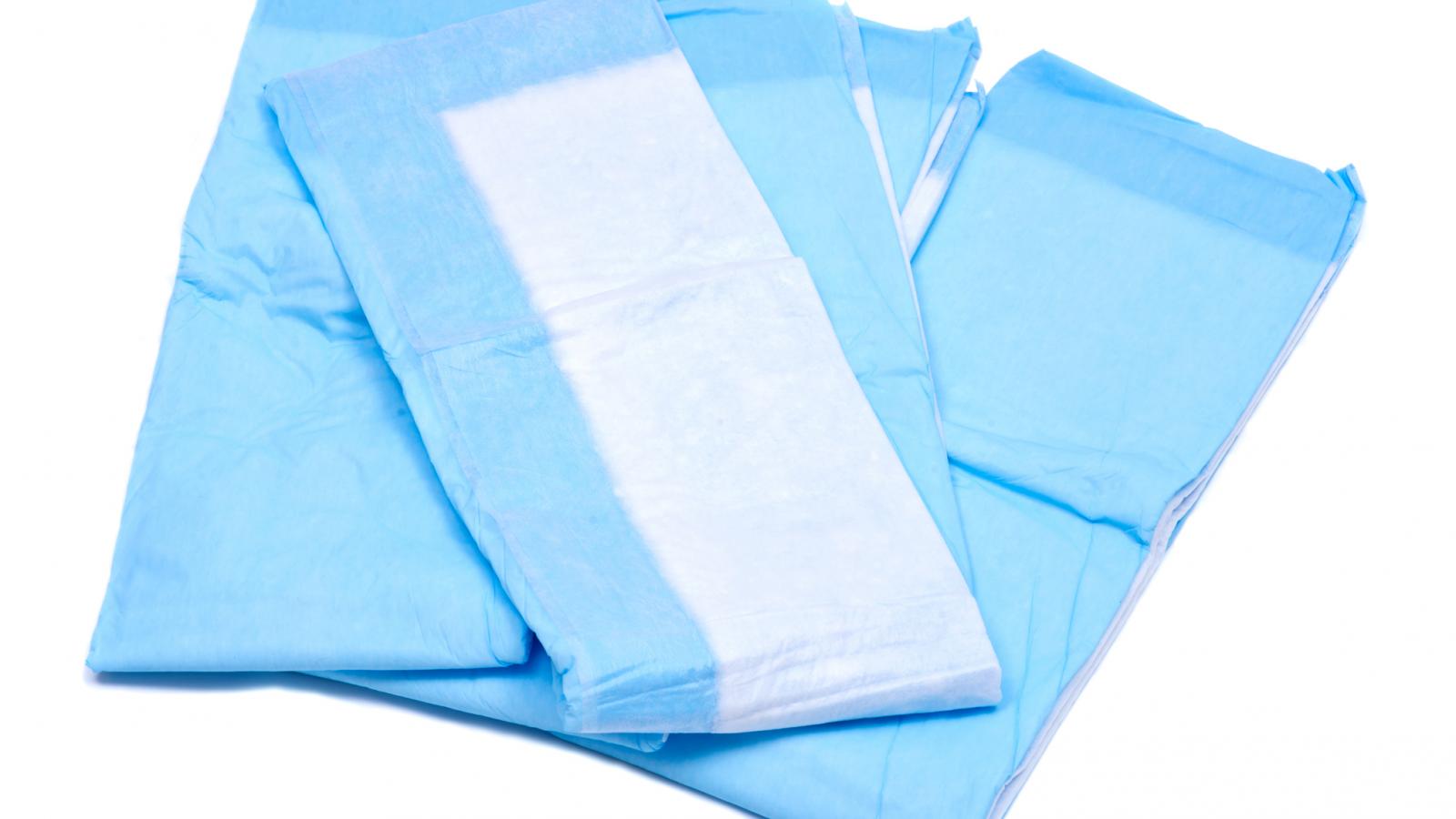Incontinence pads

If you're leaking urine you may need to wear incontinence pads.
Where do I get pads?
- Pharmacies. Most pharmacies can provide a supply of pads. They may need to order them in for you. It's best to talk to the pharmacy staff to find which one suits your needs.
- Online. Lots of pharmacy and medical supply websites have pads for sale online.
- Public health nurse. If you have a medical card your public health nurse may be able to get the pads for you. Ring your local health centre to find out.
Getting advice: You may be able to get advice about how to cope with urinary leakage from your public health nurse or a continence adviser at your local HSE health centre.
How do I choose the right pad?
- The size, shape and absorbency of pads varies. Try out different types until you find the one that suits you best.
- Net pants are available from pad suppliers – these can help to keep your pad securely in place. Supportive pants can work too.
- Wear the smallest size pad that you need. Using a pad that absorbs more than you need can lead to sore skin, as the pads contain a substance which can dry out the skin.
- As your leakage reduces you can wear a smaller pad that holds less.
- More absorbent pads are also available for heavier leakage or for night-time.
- Bed protectors are also available if you are concerned about leakage at night time.
- At this time you may find it easier to wear loose trousers, which are not as restrictive as regular trousers.
Caring for your skin
- Wash the area with warm, non-perfumed soapy water. Try to use a liquid soap that contains moisturiser, if possible.
- Rinse and pat your skin dry – avoid rubbing the skin.
- Use an appropriate absorbent pad that keeps the urine away from your skin.
- Use a pad that is right for the amount of leakage that you have. Using a pad that absorbs more than you need may make your skin dry.
- If you develop any rash or redness of the skin, use a water-based protective skin cream and talk to your doctor or public health nurse.
For more information
Phone
1800 200 700



